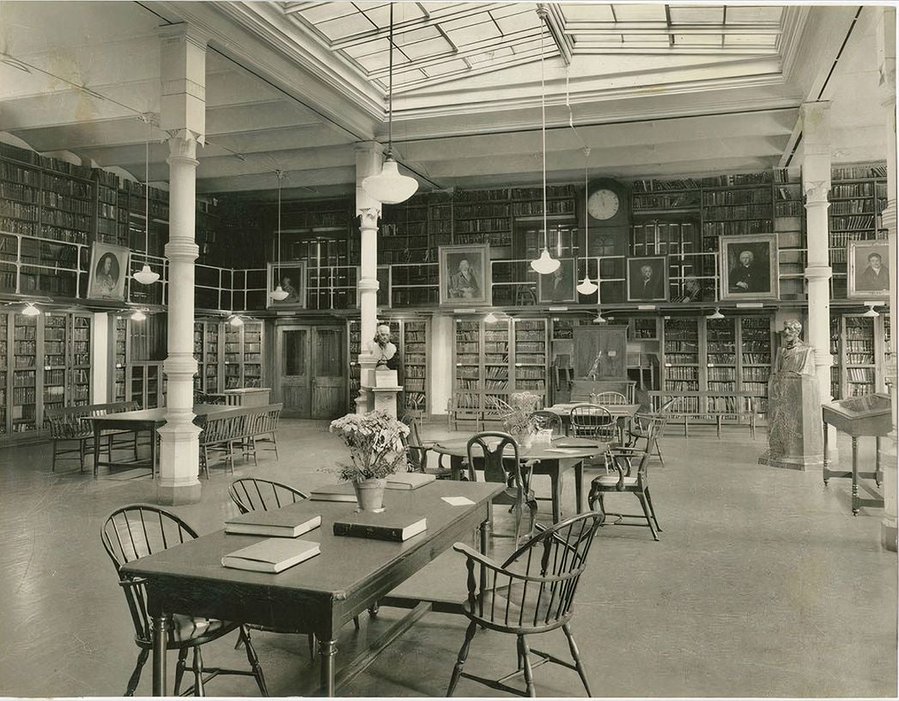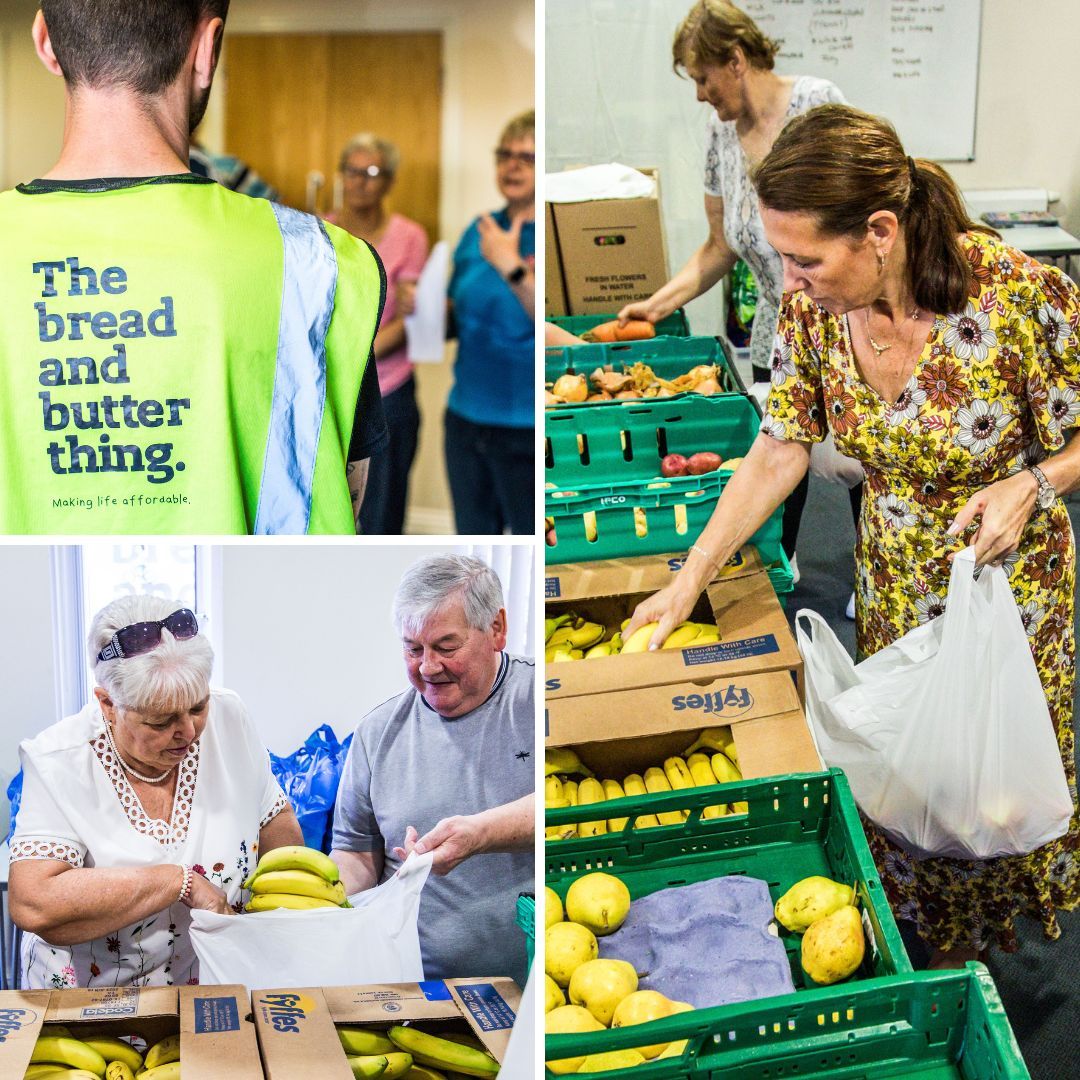The Origin of Modern Libraries
Benjamin Franklin, a pioneer of self-education, established the Junto, a Philadelphia-based discussion group for “mutual improvement” through intellectual debate in 1727.
Recognizing the need for a reliable source to verify facts due to the scarcity and high cost of books in colonial America, Franklin came up with a new idea. He envisioned a library funded by subscription fees. This vision materialized as the Library Company of Philadelphia in 1731, which made books accessible to those of modest means.
At first, members bought shares at a low cost that could be inherited by future generations. Prioritizing volumes in English for broader comprehension, the Library Company attracted eager interest. Eventually, the library opened its doors to non-shareholders for a nominal fee, setting a precedent that lead to over 40 lending libraries across the United States by 1800.
In the same period in Britain, philanthropists contributed books to libraries to enhance community learning, though these books remained within the library premises; typically, these institutions did not lend out their collections. To safeguard against theft, some libraries even secured books to the shelves with chains.
By 1771, on the brink of the Revolution, Franklin noted in his autobiography the pivotal role of lending libraries crediting them with elevating the intellect of Americans: “These libraries have improved the general conversation of the Americans” and “made the common tradesmen and farmers as intelligent as most gentlemen from other countries.”
During its tenure in Philadelphia, the Library Company acted as the first de facto Library of Congress until 1800. Today, the Library Company endures as an independent research library, open and free to the public, still sustained by shareholders. In addition to the circulating portion, it houses an extensive, non-circulating collection, including some of its earliest acquisitions like Franklin’s own copy of Logic, or, the Art of Thinking. While now focusing on American history up to 1900, the Library Company’s foundational mission of facilitating access to knowledge persists.




